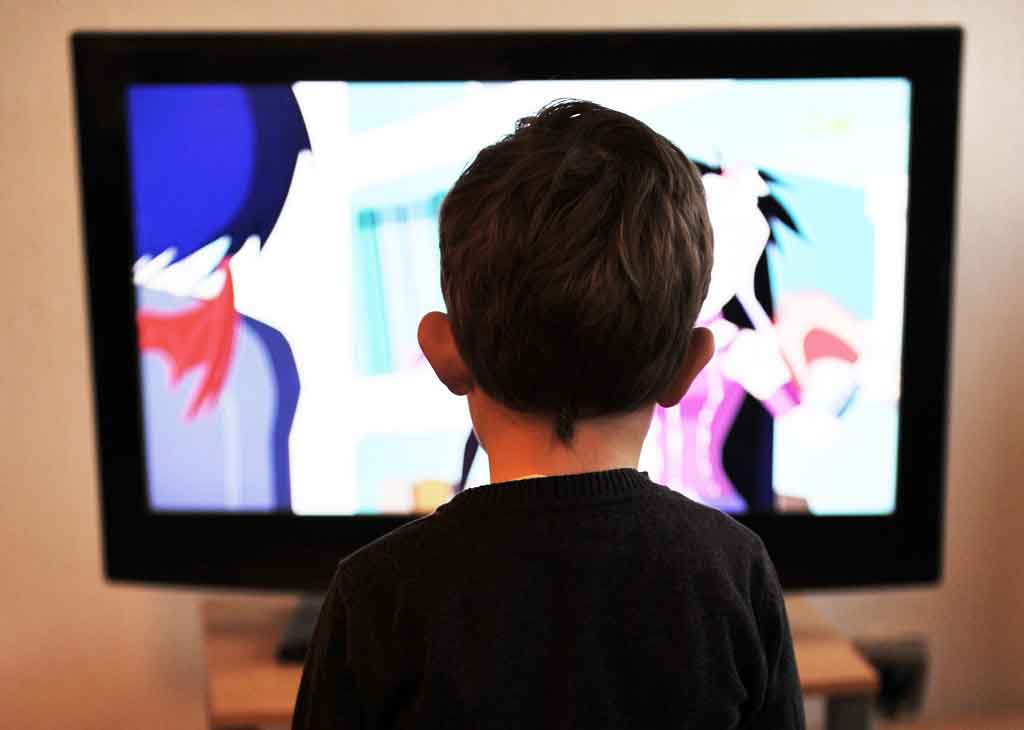Alternative medicine danger for children
Pregnancy and child
“Alternative remedies can be dangerous for children and can even prove fatal,” the BBC reported. The story is based on a study that looked at adverse events associated with the use of complementary and alternative medicine...
“Alternative remedies can be dangerous for children and can even prove fatal,” the BBC reported. The story is based on a study that looked at adverse events associated with the use of complementary and alternative medicine (CAM), that had been reported by Australian doctors.
The study reported 39 cases of adverse events associated with the use of CAM, including four deaths associated with a failure to use conventional medicine in favour of alternative treatment. Other adverse events were associated with medication changes made by CAM practitioners, and dietary restrictions. In 25 cases, the adverse events were rated as severe, life threatening or fatal.
The researchers conclude that doctors need to establish systems by which adverse events from CAM can be reported or monitored.
This is a small but important study, highlighting the possible risks to children associated with the use of alternative therapy, in particular, where it replaces conventional medicine or where practitioners advocate dietary restrictions.
As the researchers point out, parents can believe CAM to be safe because they regard it as natural. This is not the case however, and just because something is not ‘man made’ does not make it safe. CAM products are also not subject to the stringent regulations that govern conventional medicines.
Where did the story come from?
The study was carried out by researchers from the Royal Children’s Hospital, Melbourne, and the University of Melbourne in Australia. There is no information about any external funding.
The study was published in the peer-reviewed medical journal, Archives of Disease in Childhood.
The study was reported accurately by the BBC and the Daily Mail . Both reports included comments and advice to parents from independent experts.
What kind of research was this?
This is a small study, describing several cases of adverse events in children that were associated with CAM, as reported by paediatricians. The researchers note that complementary and alternative medicines are often administered to children, in the mistaken belief that they are natural and therefore harmless.
There is currently limited data on the incidence and nature of adverse events associated with CAM and no defined way for reporting adverse outcomes. The aim of this study was to determine the types of adverse events associated with the use of CAM, as reported by paediatricians.
What did the research involve?
The researchers found the cases of adverse CAM related events, using an existing 'surveillance unit', normally used to detect rare disorders in childhood. The unit distributed monthly report cards to Australian paediatricians, who indicated any cases of adverse events associated with CAM that they had seen.
Doctors who reported a suspected CAM-associated adverse event were given a two-page questionnaire asking for further details, including the type of adverse event, an assessment of its cause and severity, whether it was related to failure to use conventional medicines and the CAM therapy used.
The study was conducted over 36 months, from 2001 to 2003.
What were the basic results?
The researchers say there were 39 reports of adverse events associated with CAM in children from birth to 16 years of age. They say the events ranged in severity from mild to severe, with four deaths.
- in 25 cases (64%), the adverse events were rated as severe, life-threatening or fatal
- in 30 cases (77%), the adverse events were considered by doctors to be either probably or definitely related to CAM
- in 17 cases (44%), doctors said they believed that their patient had been harmed by a failure to use conventional medicine
- all four deaths resulted from a failure to use conventional medicine in favour of CAM therapies
The study included cases of adverse effects in pregnancy, overdoses of CAM and malnutrition caused by dietary restrictions. One of the deaths involved a 10-month-old infant who went into septic shock following treatment with homeopathic medicines and dietary restrictions for chronic eczema. Another report was of sudden, unexplained death through epilepsy in a child who had previously had multiple seizures, and where conventional medicine had been withdrawn in favour of various CAM therapies.
Other examples of adverse events included failure to thrive in a toddler given rice milk for constipation; constipation associated with valerian (a herb); mouth ulcers associated with homeopathic drops; leg pain following vitamin injections and bleeding associated with use of ginkgo or ginseng.
How did the researchers interpret the results?
The researchers say that use of CAM has the potential to cause significant side effects and sometimes fatal outcomes. Those at highest risk were infants on restricted diets and children with a chronic health condition in whom conventional therapies were withdrawn in favour of CAM. Children with eczema, where the allergy is seen as a cause, may be at higher risk of dietary restrictions.
They say that while some reported side effects were already established, in other cases it was difficult to establish the cause. Reporting of CAM adverse events is complicated because information about the product and its ingredients may not be available. In addition, some products are also contaminated with conventional medicines such as steroids.
They argue that the wide range of CAM therapies available and the different associated adverse events makes this a difficult area to monitor. They suggest that regulation frameworks are needed to establish standards of practice for individual CAM disciplines.
Conclusion
This small study importantly highlighted adverse events associated with CAM as reported by paediatricians, with a significant proportion of life-threatening and fatal reports. The researchers have not tried to quantify the risk of adverse events associated with CAM or any particular alternative treatment, but describe the cases that were reported using an existing surveillance system.
As the researchers point out, it is possible that adverse events associated with CAM may have been under-reported, due to factors such as time pressure and uncertainty about cause. The information that they managed to collect was from paediatricians only, rather than other clinicians or CAM practitioners themselves.
Like most conventional medicines, CAM medicines can have side effects. Many alternative medicines are classified as food supplements and are therefore not subject to regulations governing conventional medicines. Alternative treatments may also interact with conventional medicines and some have been found to be contaminated with powerful medicines such as steroids.
It is important that parents and others considering using CAM products - and particularly if they are thinking about stopping or changing doses of conventional medicines - discuss this with their doctors or prescribers.






 Subscribe
Subscribe Ask the doctor
Ask the doctor Rate this article
Rate this article Find products
Find products






